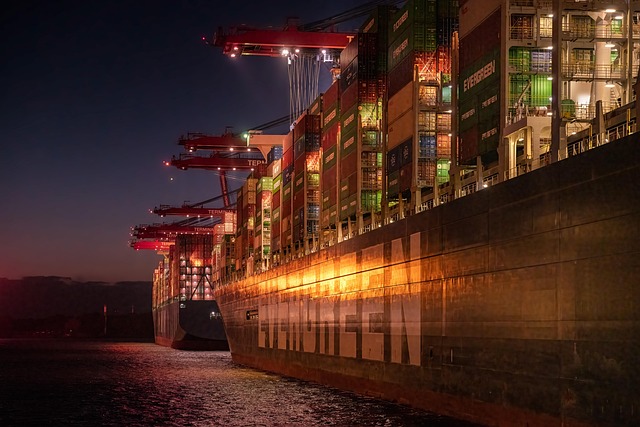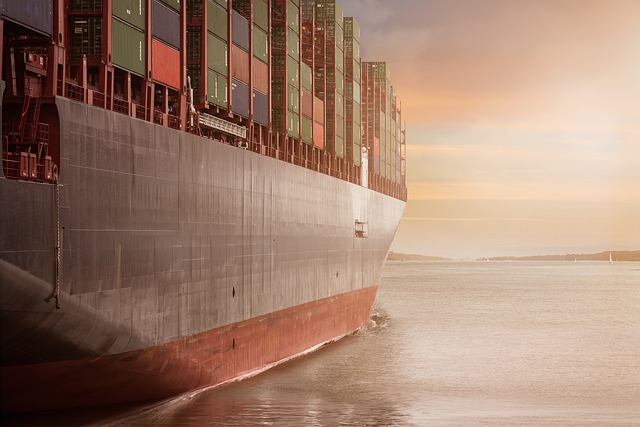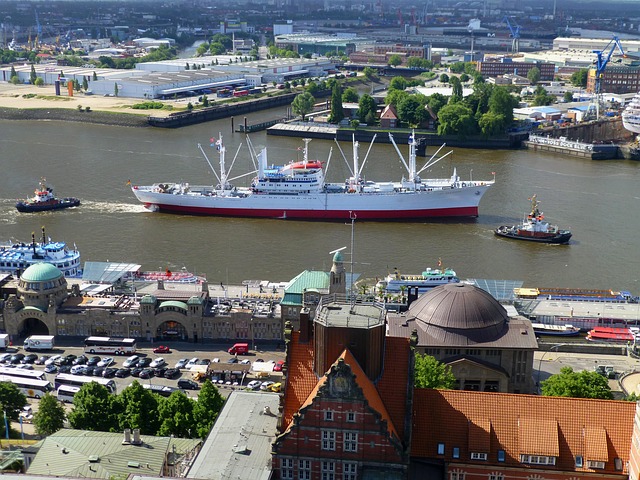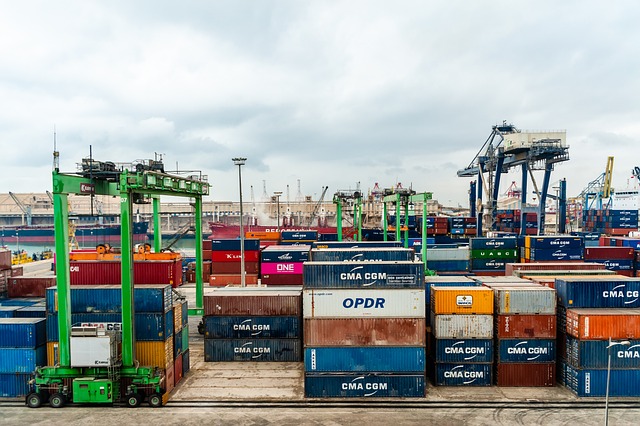Insulated containers are vital for enhancing fuel efficiency across sectors like logistics and food service. They reduce energy needs for temperature control, lowering transport costs. Modern options include HDPE and PP materials, offering lightweight yet durable solutions with superior insulation. Customizable designs cater to diverse applications from short-term storage to permanent use. The market thrives with new, used, and rental containers, driving sustainability in long-haul transportation and reducing environmental impact. Future growth is predicted by advancements in container design and energy efficiency.
Lightweight insulated containers are transforming the transportation industry, significantly reducing overall fuel consumption. This article delves into their pivotal role in enhancing fuel efficiency, exploring material innovations that enable a lighter design while maintaining insulation integrity. We analyze the substantial impact on long-haul sectors and uncover the environmental benefits of these game-changing solutions. Additionally, we look ahead to future prospects, highlighting how insulated containers are poised to play an even more crucial role in sustainable transportation.
- Understanding Insulated Containers' Role in Fuel Efficiency
- Material Innovations for Lightweight Design
- Impact on Long-Haul Transportation Sectors
- Environmental Benefits and Future Prospects
Understanding Insulated Containers' Role in Fuel Efficiency

Insulated containers play a pivotal role in enhancing fuel efficiency across various industries, from logistics to food service. By retaining desired temperatures, these containers significantly reduce the need for frequent re-cooling or heating, thereby lowering the overall energy consumption and, consequently, transport fuel costs. In today’s market, insulated container options are diverse, ranging from new and wholesale offerings to used and custom-built solutions, catering to a wide range of applications and budgets.
Whether you’re in need of refrigerated insulated containers for perishable goods, insulated shipping containers for international cargo transport, or even insulated office containers for mobile workplaces, the right insulated container can make a substantial impact on your operation’s fuel footprint. Exploring options like buy insulated containers, rent insulated containers, or finding dealers offering quality used insulated containers near you can unlock these energy-saving benefits and contribute to a more sustainable future.
Material Innovations for Lightweight Design

Material innovations play a pivotal role in the development of lightweight insulated containers, leading to significant reductions in overall transport fuel consumption. Manufacturers are leveraging advanced materials like high-density polyethene (HDPE) and polypropylene (PP), known for their exceptional strength-to-weight ratios, to create durable yet lightweight structures. These materials not only minimize the weight of the containers but also offer superior insulation properties, ensuring efficient temperature control during transit.
Additionally, recent advancements in manufacturing techniques have enabled the creation of modular and customizable insulated containers. This allows businesses to buy or rent new insulated containers tailored to their specific needs, whether for short-term storage, shipping, or as permanent solutions. The market for insulated containers is thriving, with numerous dealers and suppliers offering a wide range of products, from standard insulated shipping containers to custom insulated workshops, catering to diverse industries seeking efficient and sustainable transport solutions.
Impact on Long-Haul Transportation Sectors

The adoption of lightweight insulated containers has significant implications for long-haul transportation sectors. By optimizing cargo carrying capacity and reducing weight, these containers contribute to lower fuel consumption, which is a major cost driver in the industry. With improved insulation technology, temperature-sensitive goods can be transported more efficiently, minimizing spoilage and waste, thereby enhancing overall sustainability.
Moreover, the versatility of insulated containers allows for their use across various applications, from shipping and storage to on-site workshops and offices. This multi-purpose nature encourages businesses to streamline operations by reducing the need for multiple container types. The market’s growing appetite for sustainable solutions further propels the demand for these containers, as both new and used insulated containers become more readily available through dealers, suppliers, and leasing services.
Environmental Benefits and Future Prospects

The adoption of lightweight insulated containers is a significant step towards reducing environmental impact in the transport industry. By minimizing weight and optimizing space, these containers contribute to decreased fuel consumption during transportation, leading to lower carbon emissions and a smaller carbon footprint for businesses. This eco-friendly approach not only benefits the planet but also offers financial advantages for companies looking to cut costs associated with freight.
Looking ahead, the future of insulated containers seems promising as technology advances further. The market is poised for growth, driven by increasing demand for sustainable solutions in logistics and supply chain management. With innovations in insulation materials, container design, and energy-efficient transport methods, we can expect even more efficient and environmentally friendly insulated containers in the future. Whether you’re in need of new or used insulated containers, rental options, or custom conversions, the wide range of choices available from various dealers and suppliers ensures that businesses can find suitable solutions to meet their specific requirements, all while contributing to a greener planet.
Lightweight insulated containers are transforming the transport industry by significantly reducing fuel consumption, making them an eco-friendly game changer. Through innovative material designs, these containers optimize long-haul transportation, promising a greener future for the sector. As the demand for sustainable solutions grows, further research and adoption of such technologies will be instrumental in minimizing environmental impact. Insulated containers are set to play a pivotal role in achieving more efficient and eco-conscious global logistics.
